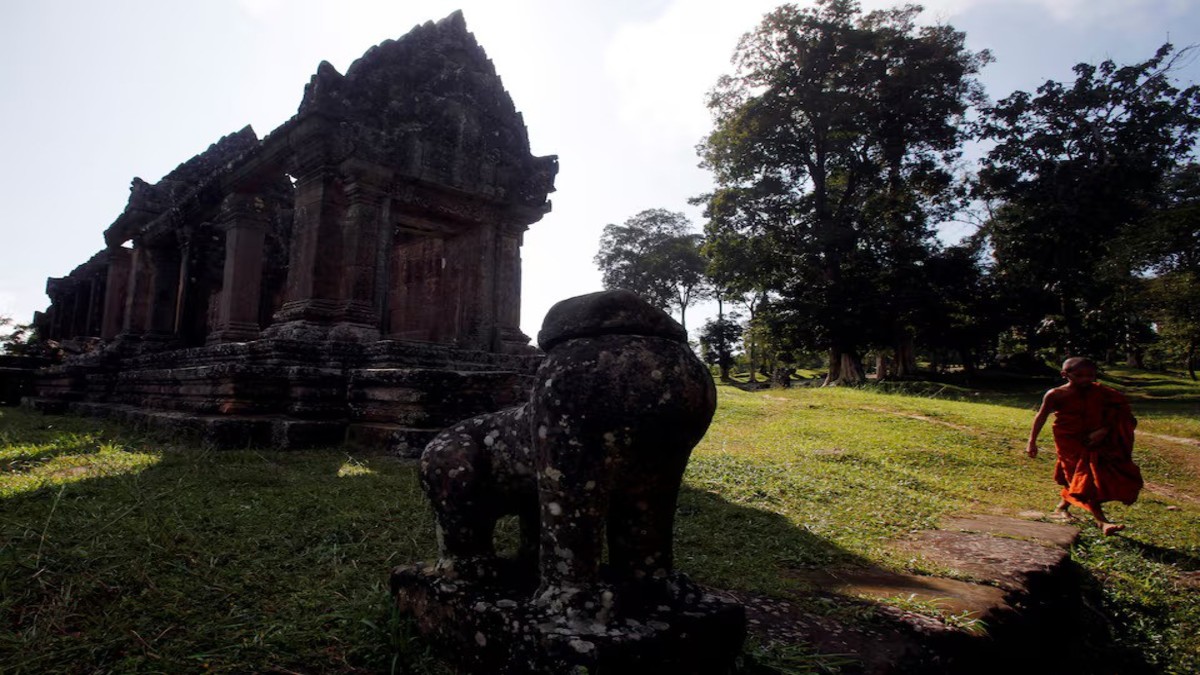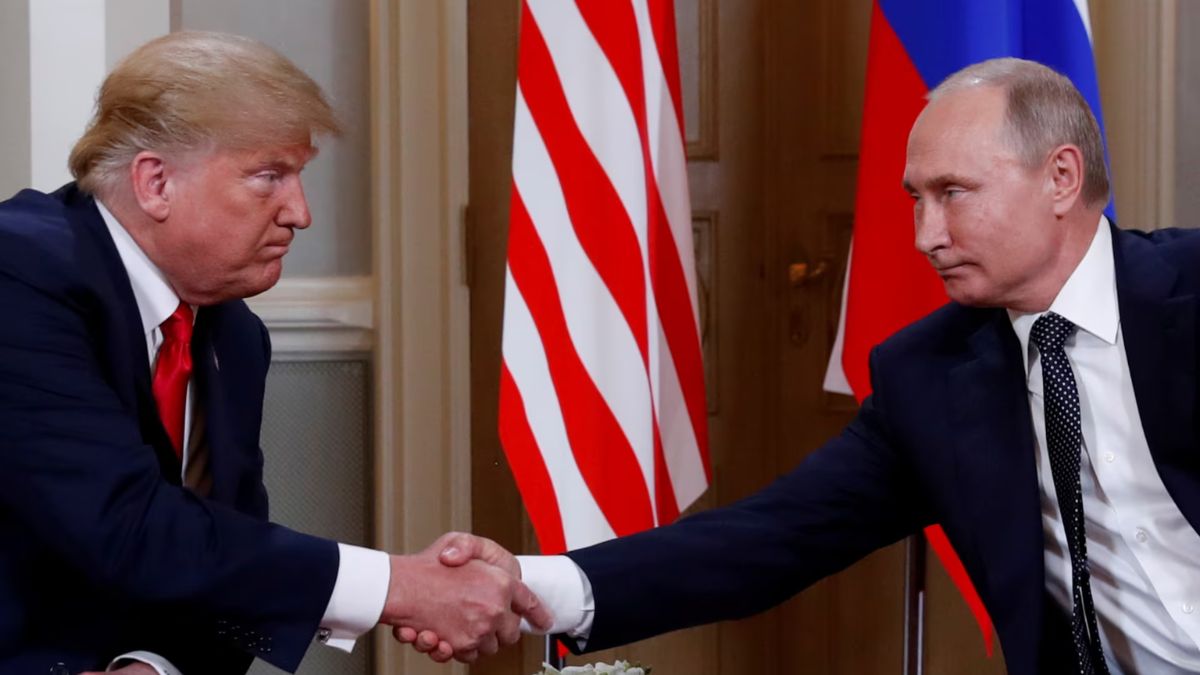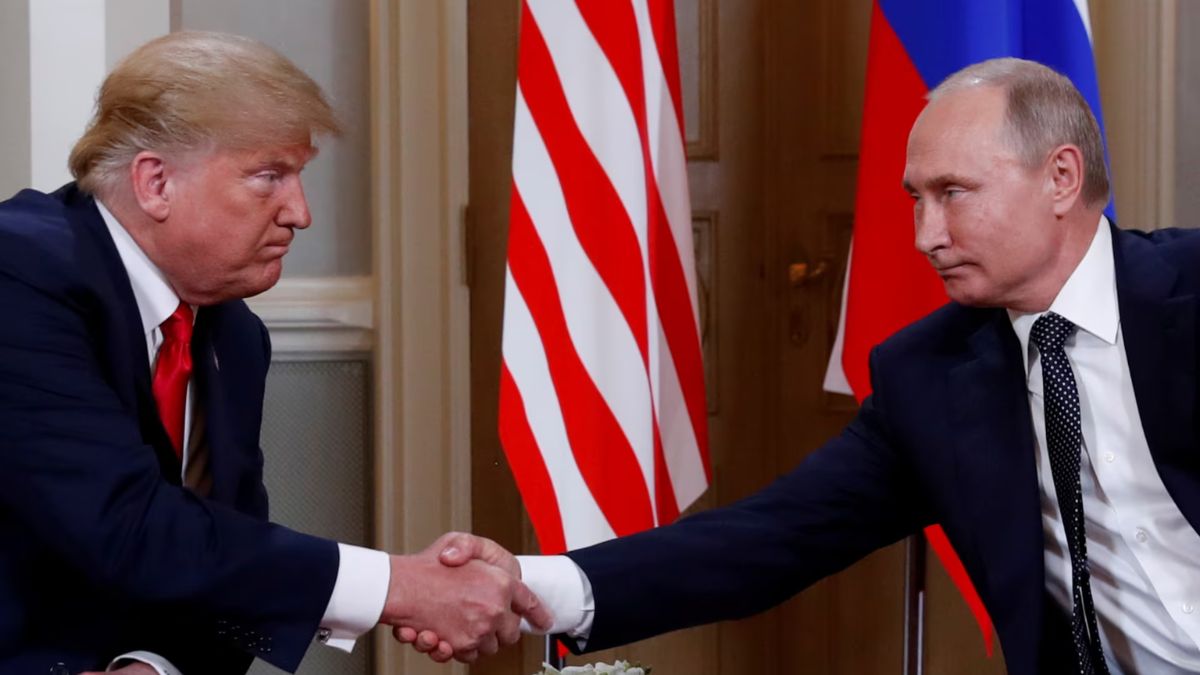The border conflict between Cambodia and Thailand that erupted on Thursday, July 24, along various locations continues to worsen as it entered its fourth day on Sunday, July 27. Each side claims the other launched fresh artillery attacks across contested border areas, despite US President Donald Trump’s Saturday claim that leaders of both countries had agreed to work towards a ceasefire.
While Cambodia said it fully endorsed Trump’s call for an immediate ceasefire, Thailand expressed gratitude to the US President but opined that talks with Cambodia were not possible at this stage because Cambodia continued to target Thai civilians—a claim Phnom Penh vehemently denied.
The Blame Game
Both sides continue to blame each other for firing the first shot on Thursday and for military actions that have exacerbated the border fight, engulfing new areas and causing severe collateral damage.
Cambodia’s Defence Ministry claimed on July 27 that Thailand shelled and launched fresh ground assaults at several points along the border, including firing heavy artillery at historic temple complexes. Contrarily, the Thai army claimed Cambodian forces had fired shots into several areas on Sunday, including civilian homes, and alleged that the Cambodian army was mobilising long-range launchers.
Thailand also accused Cambodia of launching “armed attacks” on its civilians, while Cambodia cited Thailand’s deployment of F-16 jets and tanks, and its use of cluster munitions and artillery, as examples of aggression.
Impact Shorts
View AllAs I write this piece, what began as skirmishes along the border threatens to escalate into an all-out war between the two Southeast Asian neighbors, who have a long history of disputed border claims.
Friends Turned Foes
The latest dispute has been exacerbated by a feud between two supposedly old friends—Hun Sen, the authoritarian ruler who handed power in Cambodia to his son Hun Manet in 2023, and Thailand’s former populist leader Thaksin Shinawatra, whose daughter Paetongtarn Shinawatra became prime minister in 2024 but had to resign over ethical issues related to the border dispute.
Both Thaksin and Hun Sen remain highly influential in their countries. Once considered close friends, they are now embroiled in a bitter dispute, trading insults on social media.
The public rift between Thaksin Shinawatra and his longtime friend Hun Sen, Cambodia’s de facto leader, has further fueled their countries’ conflict, whose future trajectory remains unknown.
Collateral Damage
Thailand and Cambodia share a long, complex history that predates modern borders. The rigid lines of nation-states cannot fully account for the deep civilisational ties between these two Southeast Asian neighbours.
Four days into the deadliest conflict in the last 14 years between the two countries, the border clashes, which began on Thursday with violence over contested territory near Prasat Ta Muen Thom—an ancient temple—have already claimed at least 34 lives and displaced more than two hundred thousand people. As I conclude this piece, clashes have escalated to at least 12 locations along the disputed border.
Here is the breakup:
Casualties: According to Cambodian defence ministry sources, at least 13 people have been confirmed killed so far—8 civilians and 5 soldiers—with more than 71 wounded. In Thailand, the army has reported a total of 21 deaths so far, including 14 civilians (children among them) and 7 armed forces personnel. Additionally, at least 29 Thai soldiers and 30 civilians have been wounded in Cambodian attacks.
Displacements: At least 138,000 people have been evacuated from Thai border regions, while over 50,000 have either fled or been evacuated in Cambodia.
The casualties and evacuations in this latest conflict have already exceeded those from the previous clashes between 2008 and 2011.
The Centrifuge
The most recent tensions began in May when troops from Thailand and Cambodia briefly exchanged fire in a contested area, killing a Cambodian soldier and leading to retaliatory measures by both sides.
On Wednesday, July 23, the crisis worsened when five Thai soldiers were injured by a landmine—the second such incident in less than a week. Thailand alleged that landmines had been recently placed in the area—a claim Cambodia denies. The situation further deteriorated with Thailand recalling its ambassador to Cambodia and announcing it would expel Cambodia’s envoy in Bangkok.
Why the Fighting?
First, a Century-Old Dispute—Thailand and Cambodia have bickered for decades over un-demarcated points along their 817-km (508-mile) land border, leading to periodic tensions.
The contested claims stem from a 1907 map drawn under French colonial rule that separated Cambodia from Thailand. Cambodia has used this map as a reference to claim territory, while Thailand argues it is inaccurate.
The most prominent and violent conflicts have centered around the 1,000-year-old Preah Vihear temple, a major point of dispute.
In 1962, the International Court of Justice (ICJ) awarded sovereignty over the Preah Vihear temple area to Cambodia. However, tension escalated in 2008 after Cambodia attempted to list it as a Unesco World Heritage site, leading to skirmishes over several years that caused at least a dozen deaths. Since then, the ruling has been a major irritant in bilateral relations.
Following further clashes that killed more than 20 people and displaced thousands, Cambodia again turned to the ICJ in 2011, and the court reaffirmed its ruling in Cambodia’s favor in 2013. Thailand, however, has continually rejected the court’s jurisdiction regarding the border dispute.
Secondly, Fanning Nationalistic Fervor: The conflict has been exploited to stoke nationalism in both countries. Cambodia, under one-party rule, may be witnessing Hun Sen’s efforts to shore up his son Hun Manet’s position. Meanwhile, Thailand is gripped by political instability, with its prime minister, Paetongtarn Shinawatra, suspended and her party accused of failing to act swiftly on the border dispute.
Third, A Welcome Reprieve: The conflict may serve as a distraction for both countries, which are facing significant economic headwinds. Thailand is grappling with a struggling tourism sector, potential trade disruptions, and political instability, while Cambodia faces similar tourism challenges alongside concerns about its impending exit from Least Developed Country (LDC) status. Ironically, both nations face the prospect of a 36 per cent US tariff from August 1.
What Next?
Four parties can influence the warring neighbors to end the conflict and enter a truce, if not lasting peace:
International Court of Justice: Cambodia earlier asked the ICJ to resolve the border dispute. However, this is unlikely to bring even a temporary or permanent solution, as Thailand refuses to accept the ICJ’s authority on the matter.
United States of America: Thailand shares a strong strategic partnership with the US, focused on defence, security, and economics. President Trump, as he has with other major global conflicts, claimed on social media that both parties were seeking an immediate ceasefire and peace, adding that tariff negotiations with both countries were on hold until fighting stopped. Yet, despite Trump’s claims, the conflict continues.
China: Though more closely aligned with Cambodia, China has strong economic ties with both countries. Expressing “deep concern” over the latest conflict, Beijing has urged dialogue and consultation and offered to play a “constructive role” in resolving the crisis.
Malaysia: Anwar Ibrahim, Prime Minister of Malaysia and current Chairperson of Asean, is working overtime to broker peace, calling on Thailand and Cambodia to “stand down”. But Asean’s long-standing non-interference policy raises doubts about its ability to effectively mediate peace between two warring member states.
Peace Talks
Though both countries continue to blame each other as I conclude this piece, Thai and Cambodian leaders will meet for peace talks in Malaysia in response to an invitation from Malaysian Prime Minister Anwar Ibrahim, in his capacity as Asean Chairperson and ostensibly under pressure from President Donald Trump.
The talks, at the apex level between Phumtham Wechayachai, acting Prime Minister of Thailand, and Cambodian counterpart Hun Manet, may bring a temporary pause to the conflict. However, it is unlikely to deliver long-lasting peace, as the deeply entrenched territorial disputes along the 807-km border remain a festering wound.
The author is a multi-disciplinary thought leader with Action Bias and an India based impact consultant. He is a keen watcher of changing national and international scenarios. He works as President Advisory Services of Consulting Company BARSYL. Views expressed in the above piece are personal and solely those of the author. They do not necessarily reflect Firstpost’s views.


)
)
)
)
)
)
)
)
)



